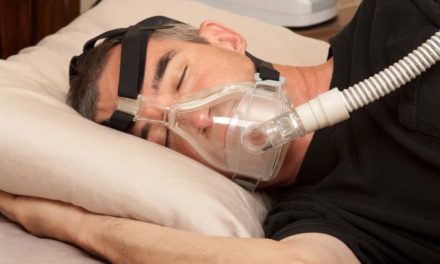Thousands are prescribed medicine to treat an assortment of health issues, including chronic pain, depression, and other illnesses.
When done in accordance with a doctor’s instructions, prescription drugs are usually safe, and should not cause addiction. However, there are rising addiction problems linked to prescription depressant drugs.
Below we’ll explore five signs that can help you recognize if you or a loved one is addicted to prescription drugs.
What Are Some Common Depressant Prescription Drugs?
Prescription depressant drugs are used to treat mental health issues, such as insomnia, anxiety, and seizures. They are typically swallowed as a pill, but can also be ingested in liquid form.
Some of these are:
- Benzodiazepines: Xanax, Ativan, Valium, Librium, Klonopin
- Sleeping Pills: Ambien, Lunesta, Sonata
- Barbiturates: Nembutal, Luminal, Seconal
If not taken correctly, some of these can cause significant harm, and make an individual unaware of their actions. For example, sleeping pills, especially Ambien, have been linked to blackouts that cause antisocial, violent, or irrational behaviour.
What Are Signs of Addiction?
Addiction can form when drug misuse occurs. Even if a person has an ample supply of a prescription to remedy a health issue, they may find reasons to take more than needed. It’s easy to go from prescription drugs to harder drugs since you won’t have that prescription permanently. Every week a Toronto methadone clinic welcomes up to ten patients for treatment. That’s a very high number and it means that people have issues with stopping the intake of prescription medicine. Even if it is medicine, there should be some control or program to help people after they stop taking their medication to prevent further increasing the number of drug addicts across the world.
Since prescription drugs are suggested by a doctor, a patient may feel justified in misusing their dose. However, just because prescription drugs come from a doctor does not mean they can’t be harmful or cause addiction. The National Institute on Drug Abuse reported that 4.8 million people misused benzodiazepines in 2020.
Six signs of prescription drug addiction are:
- continued use of the drug, even after pain has ceased
- taking someone else’s prescription
- taking more of a dose than needed
- taking the drug in a way that hasn’t been instructed by a doctor
- avoiding other forms of treatment
- switching to illegal drugs once a prescription’s effects are no longer strong enough
People can become addicted to prescription drugs for other reasons than misuse. These can include a family history of substance use disorders and past mental health history. The signs of prescription drug addiction can vary for every person.
Six signs of prescription drug addiction
1. Continued Use
One of the main signs of addiction is if someone continues to use the drug even after the pain, illness, or overall medicinal reason has ended. This can mean that they only want to use a drug to feel its effects and no other medical benefit.
2. Taking Someone Else’s Prescription
Stealing or buying someone else’s prescription can be a sign of drug addiction. This is an illegal act that has jail sentences, fines, and other possible penalties. In addition, selling your own prescription in order to buy other drugs can also indicate abuse.
3. Taking More Than Prescribed
Doctors are trained in knowing which amount of a certain drug or drugs are needed for a medical issue. A prescription will also have specific dose instructions, including how much to take daily.
This is in order to control the drug’s side effects. When someone takes more than prescribed in a certain time, it can cause them to feel an overload of pleasurable effects, leading to addiction.
4. Taking Drugs in a Non-Prescribed Way
Most medicine is taken in pill form or occasionally prescribed as a liquid. This is because these forms of ingestion are less addicting. Snorting, smoking, or injecting a prescription drug will cause the drug to enter the bloodstream quicker, causing effects to be felt stronger.
5. Avoiding other Treatment Options
In many cases, medication-assisted treatment will be coupled with various forms of treatment, which may include cognitive therapy, group counseling, and physical activity. Avoiding these other treatment options and only taking prescription drugs may mean the person is solely finding comfort in the effects of the substances.
6. Switching to Illegal Drugs
One of the biggest signs of prescription drug addiction is when a person feels the need to switch over to an illegal drug to feed drug cravings. This can lead to harsh physical, mental, and emotional health issues. If the person is uneducated on taking a certain drug, it can lead to an overdose.
Stopping Prescription Drug Misuse
You or a loved one can stop the misuse of prescription drugs. This can be done by making sure to follow prescription instructions, never selling or giving out prescription drugs, and properly disposing of drugs at a drop-off location once the illness has subsided.















